‘… there are things that happen with such regularity and predictability that journalists have simply ceased to recognise their news value – not least if those things are least likely to happen to the people most likely to be journalists. That much of what we have come to accept as commonplace has dulled our curiosity to why so much of what is commonplace is unacceptable; that given the prevailing and escalating inequalities and inequities we simply do not occupy the same worlds we portend to cover – even when those worlds are right on our door step. That there is value in asking:”Why do dogs keep biting people” “Who owns these dogs?” And “Why do the same people keep getting bitten.” I’m going to make the case for why this matters primarily with reference to the United States, since that is where I have been reporting for the past 12 years.’
Gary Younge on why journalists should not ignore the daily murder of young black men on the streets of America.

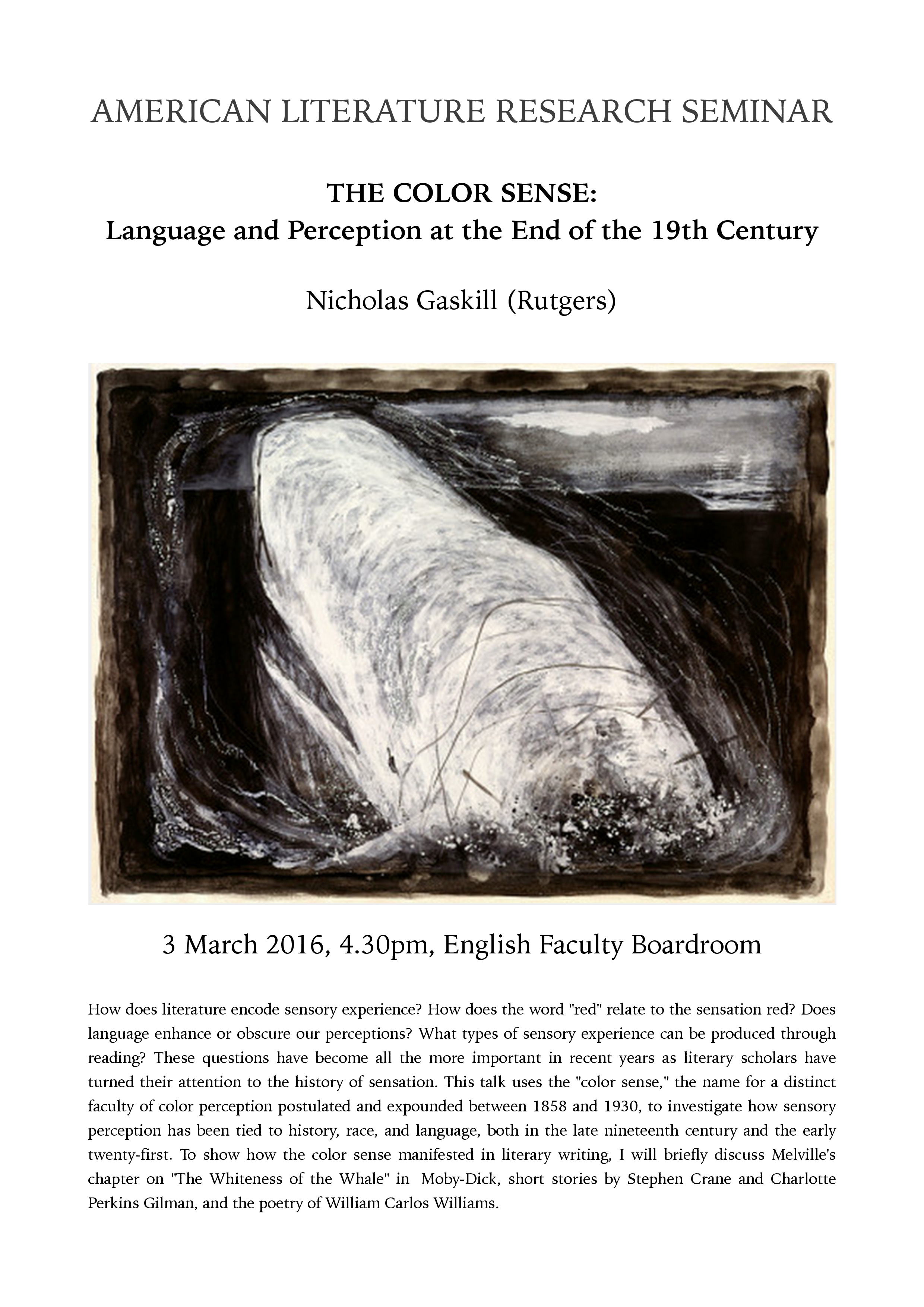
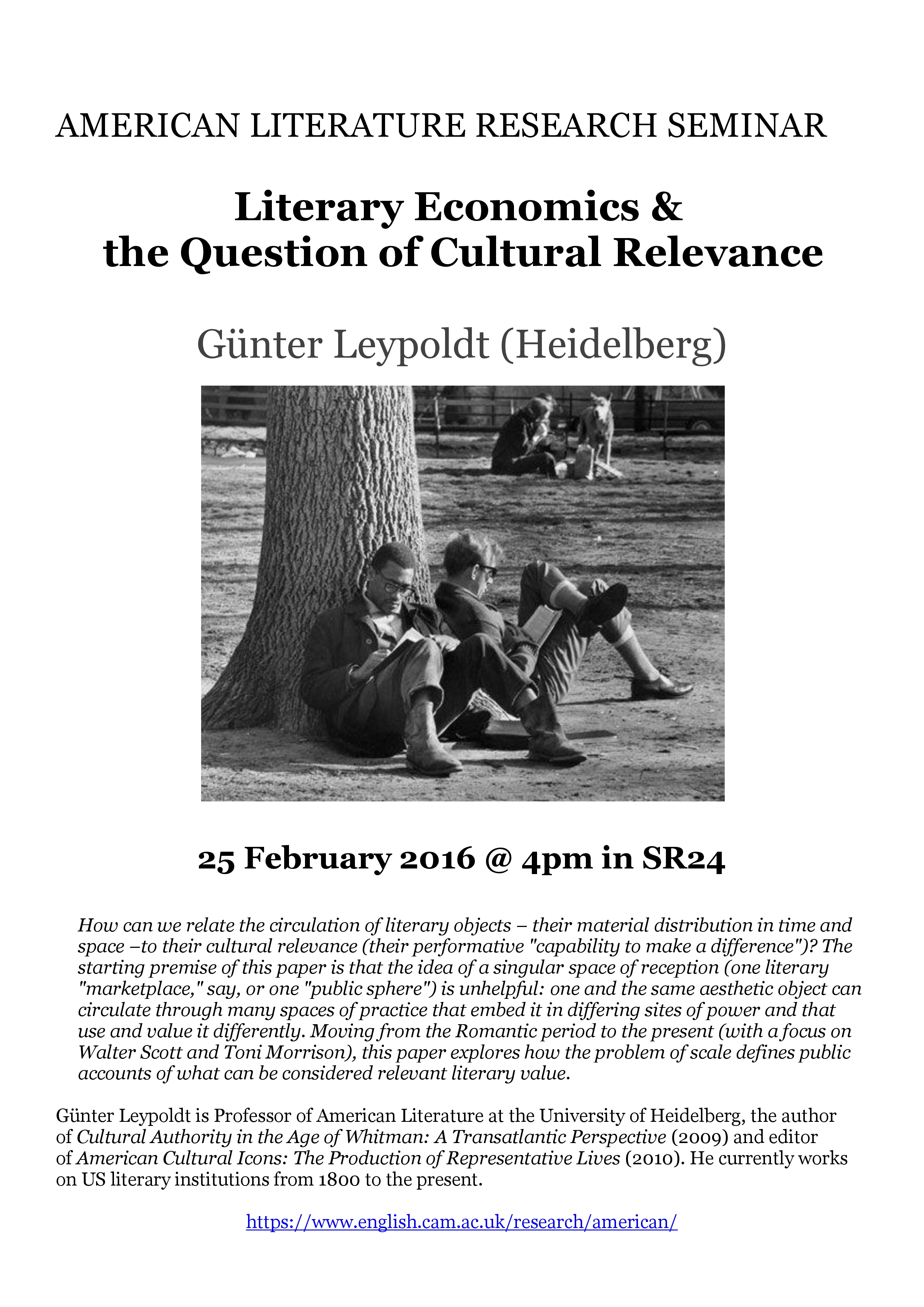
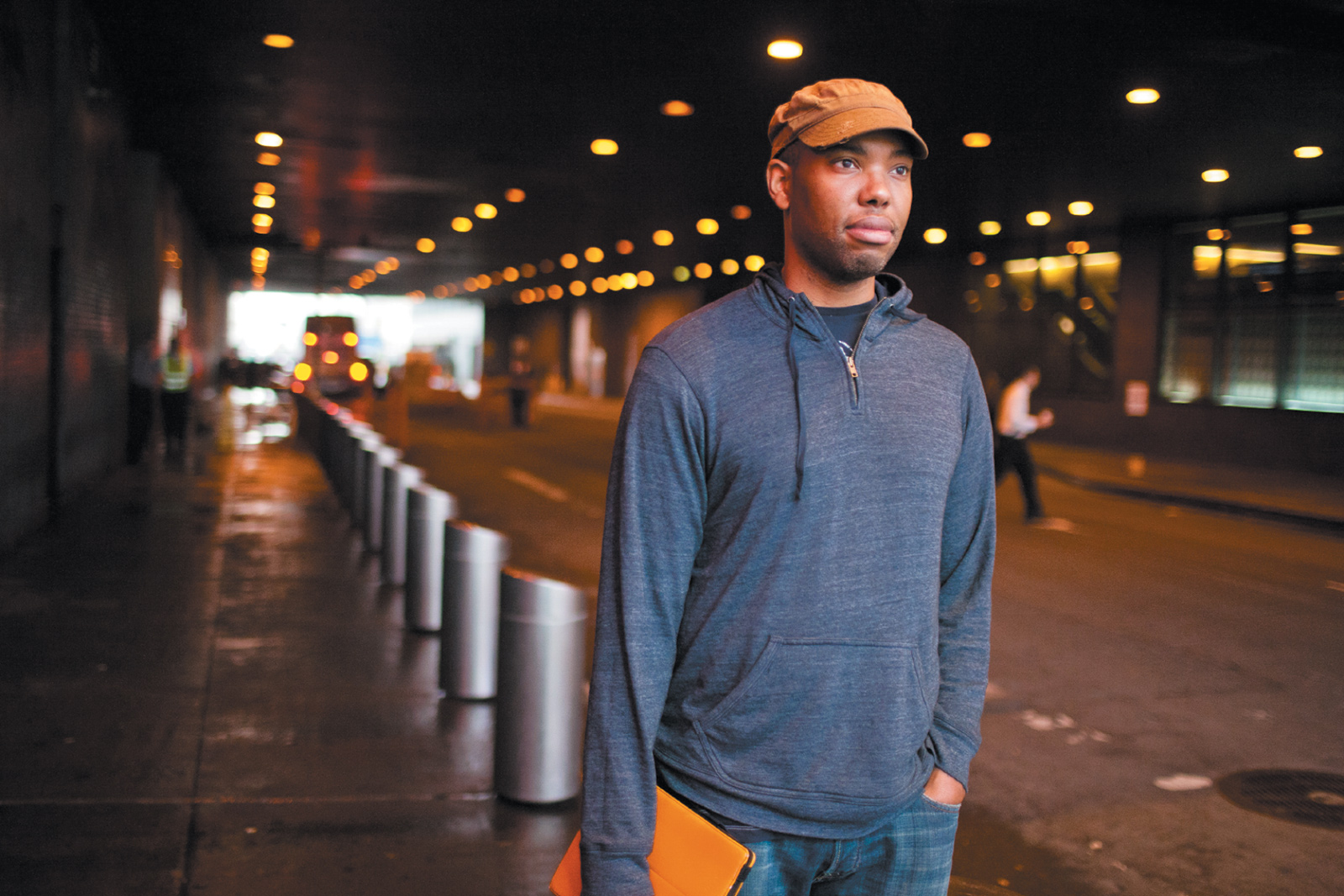
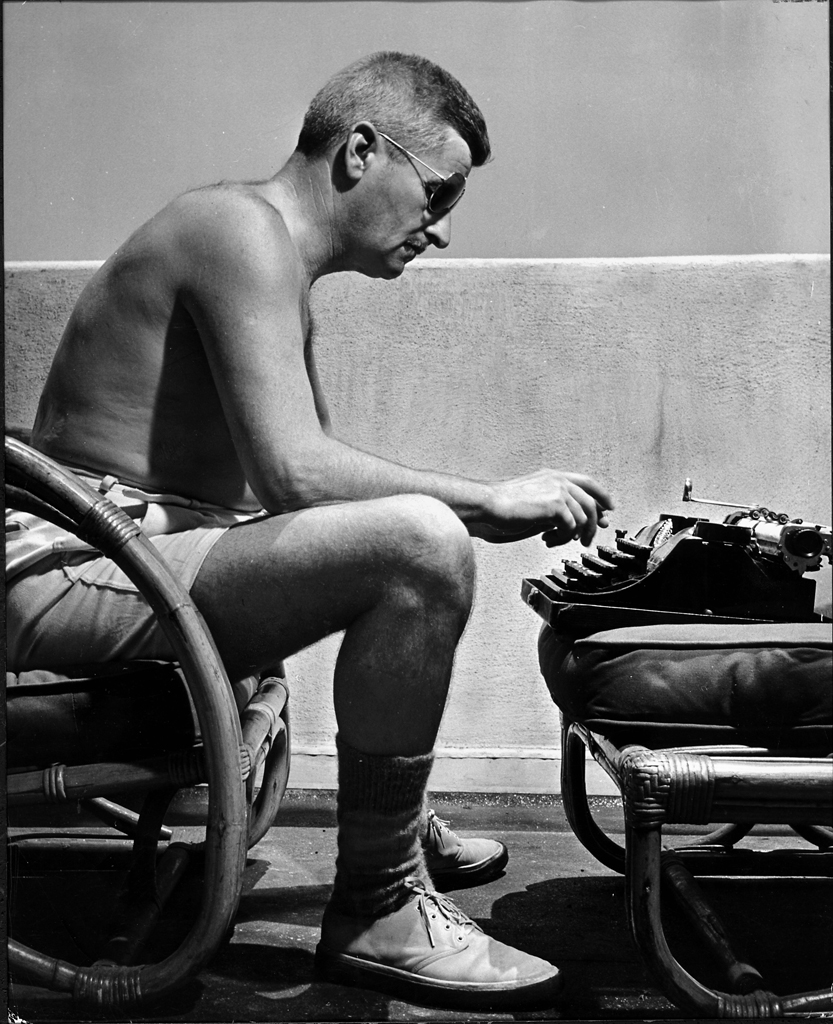
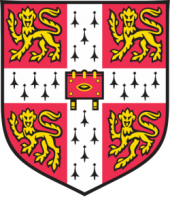
Recent Comments